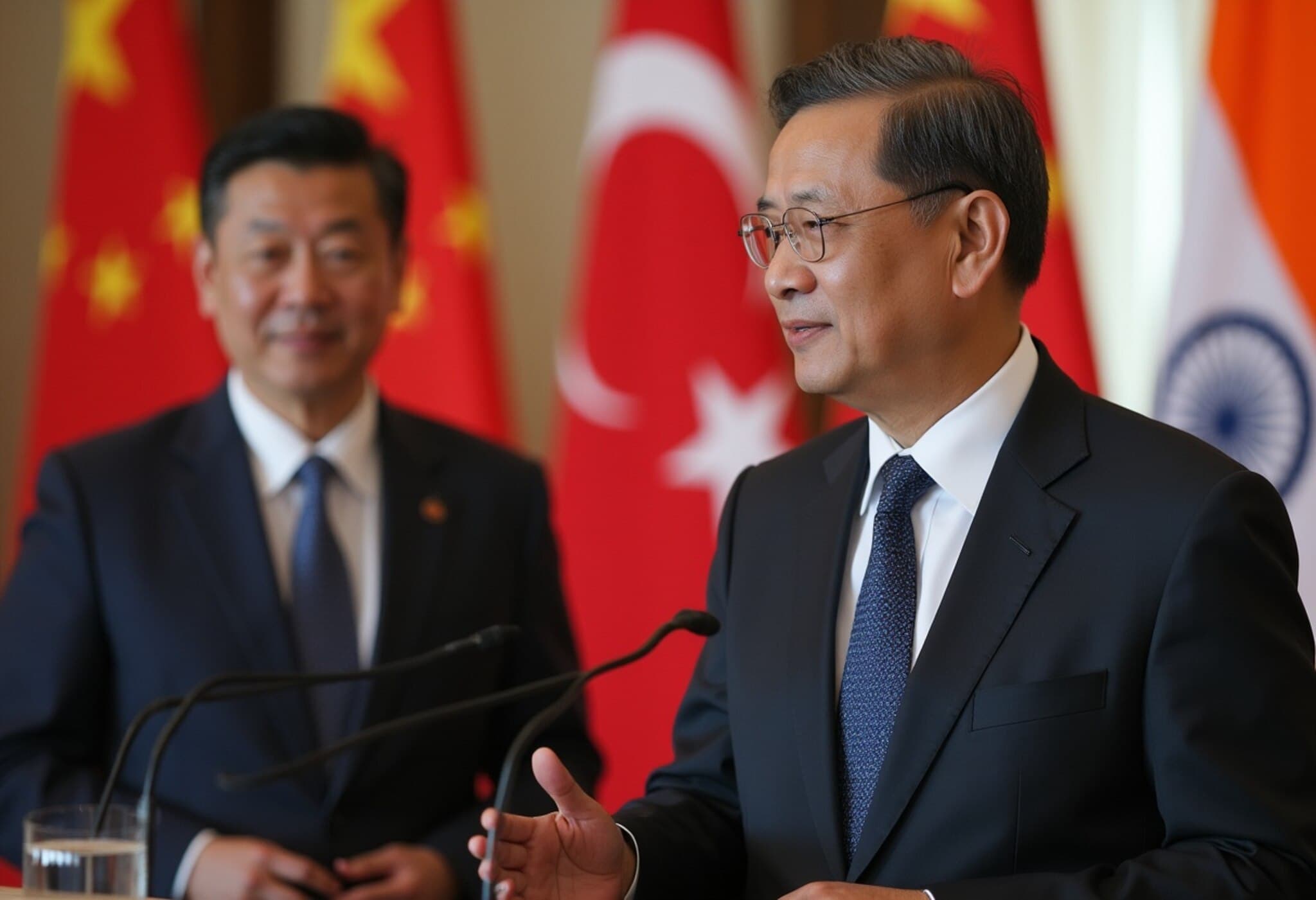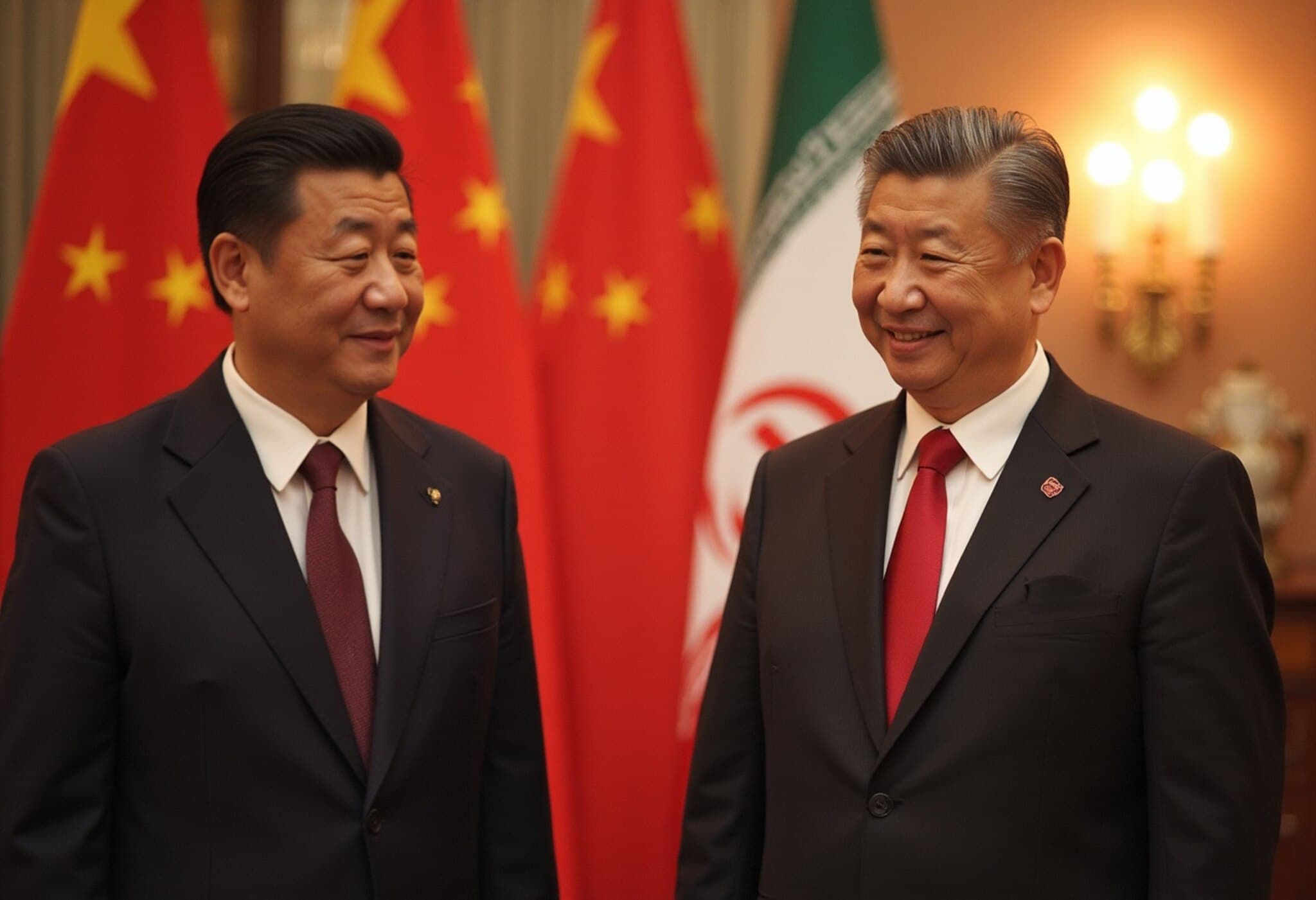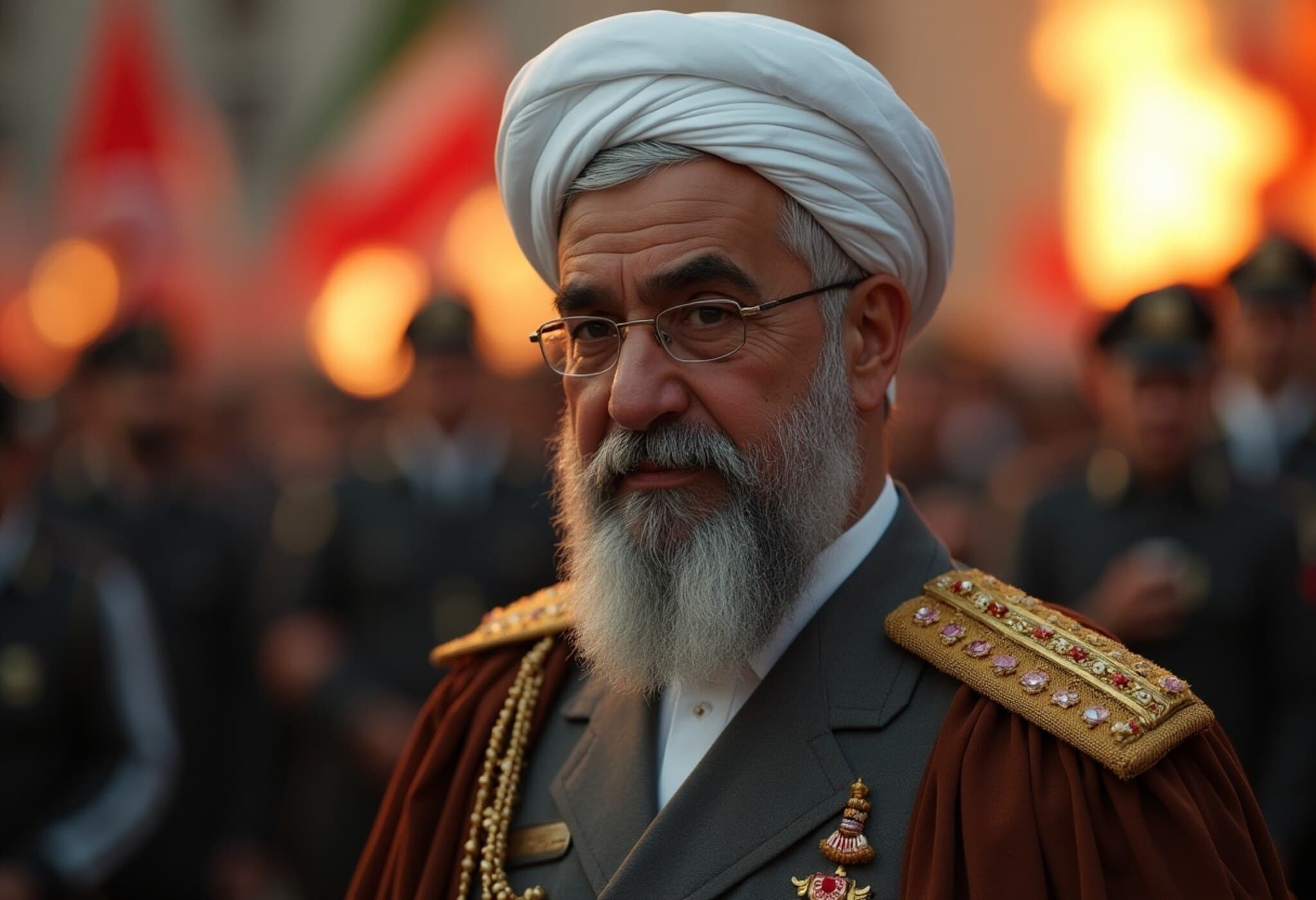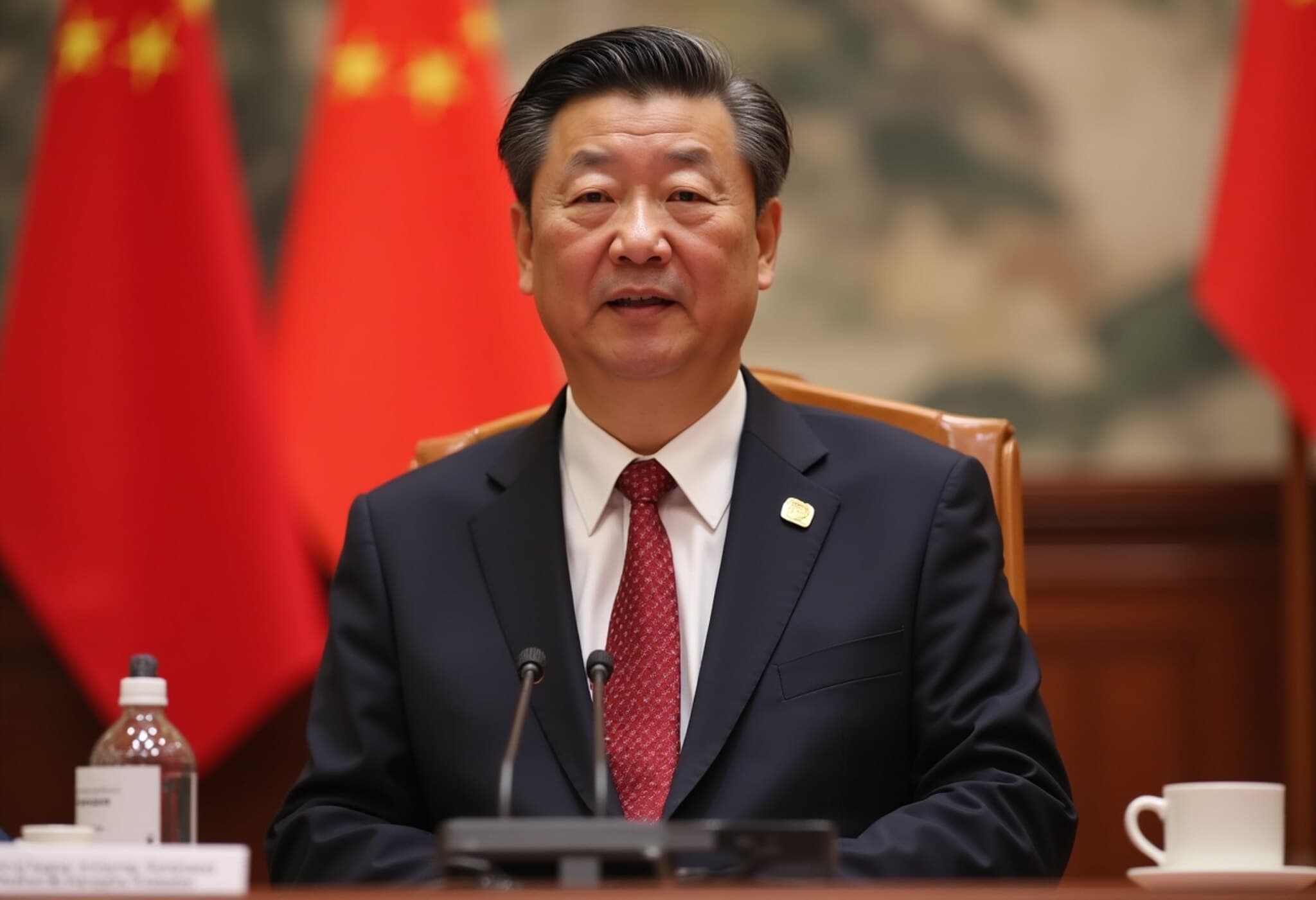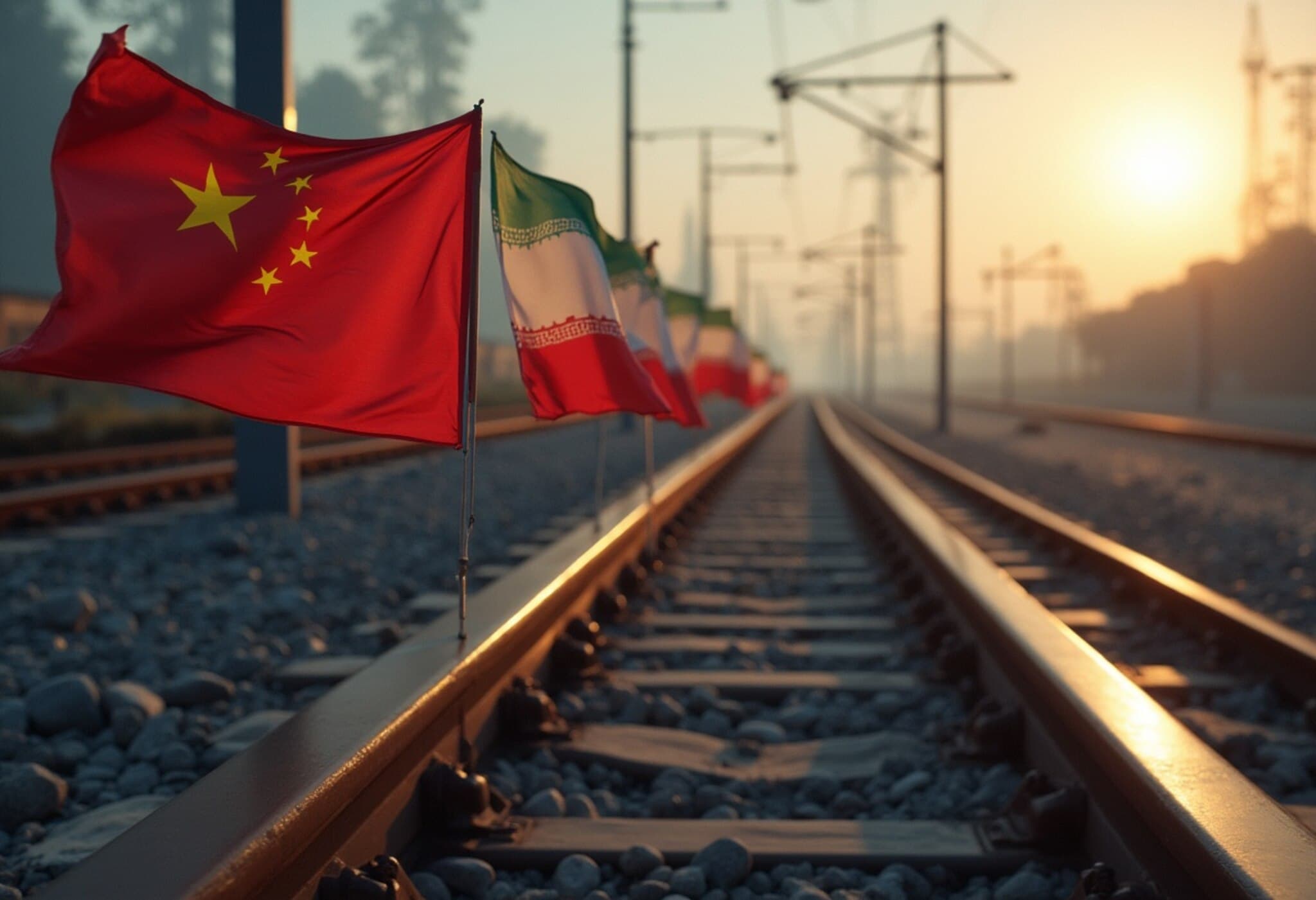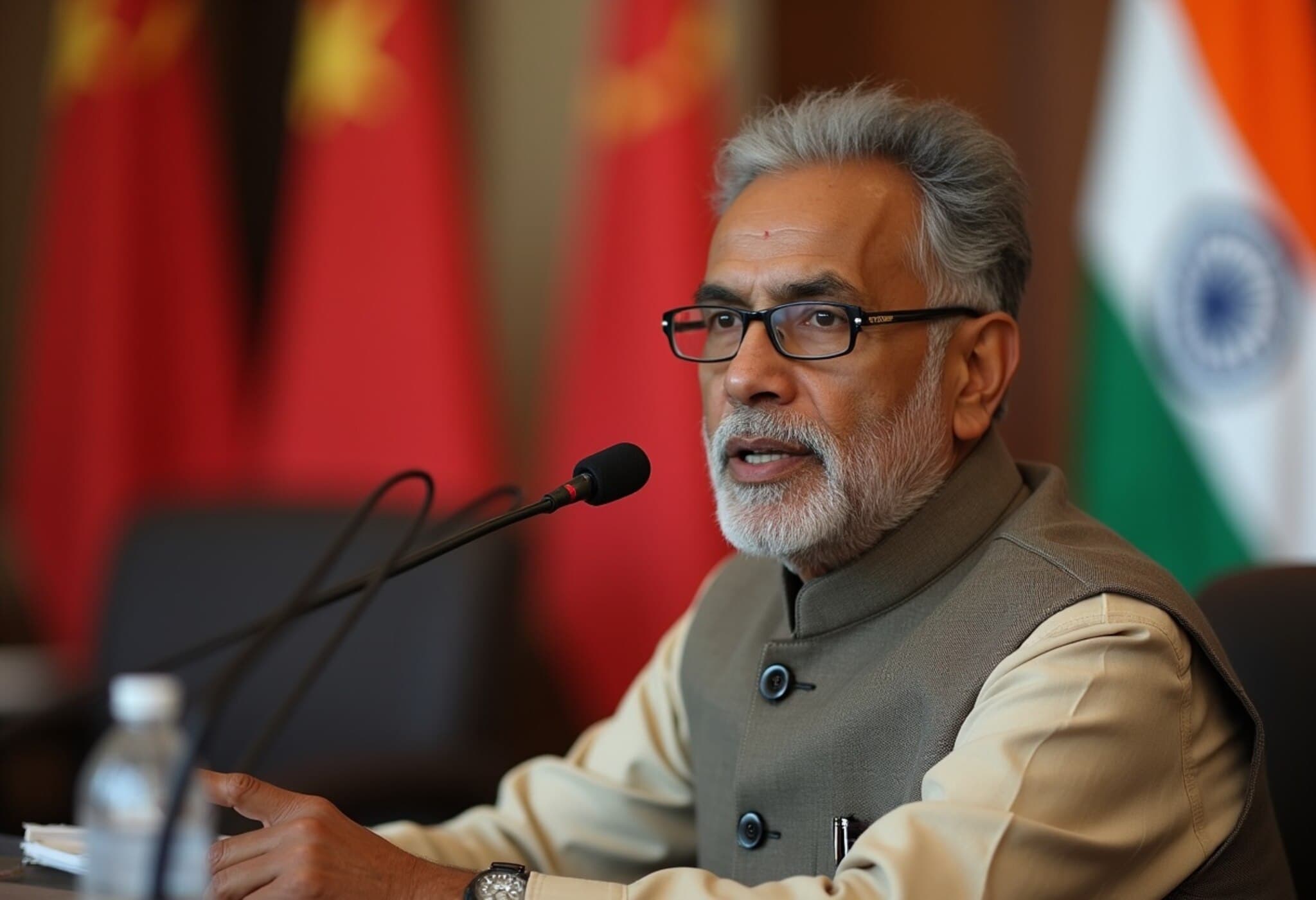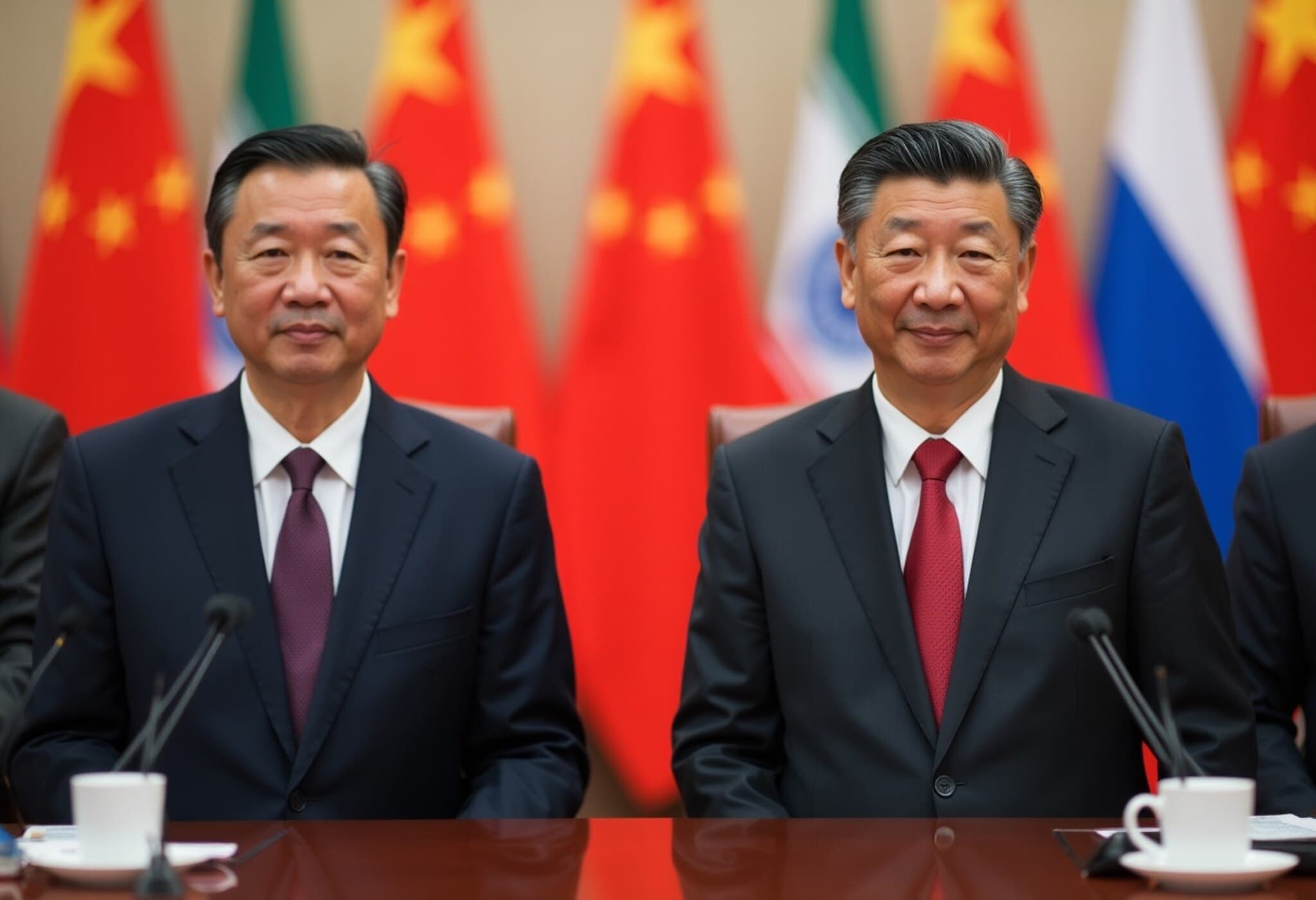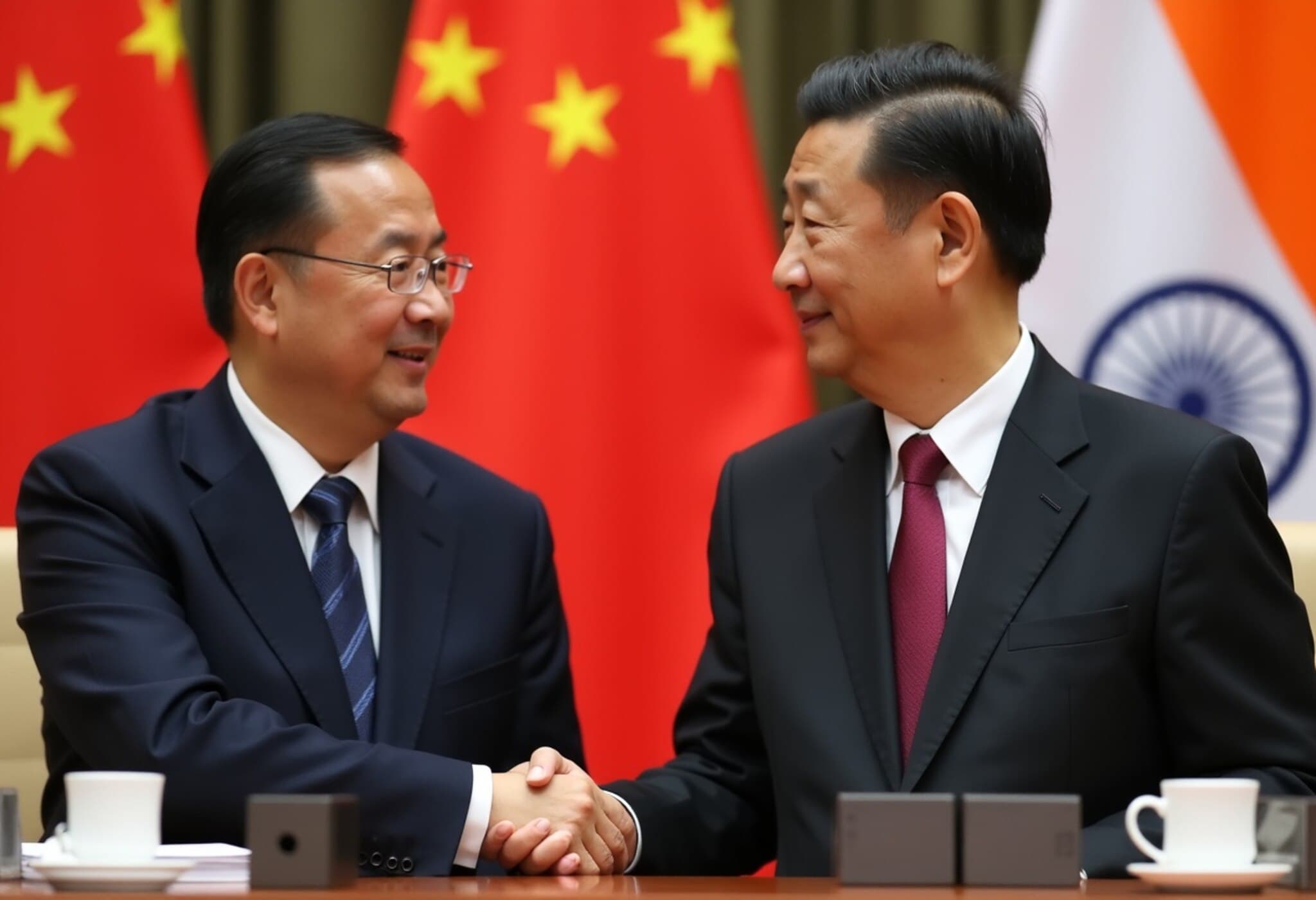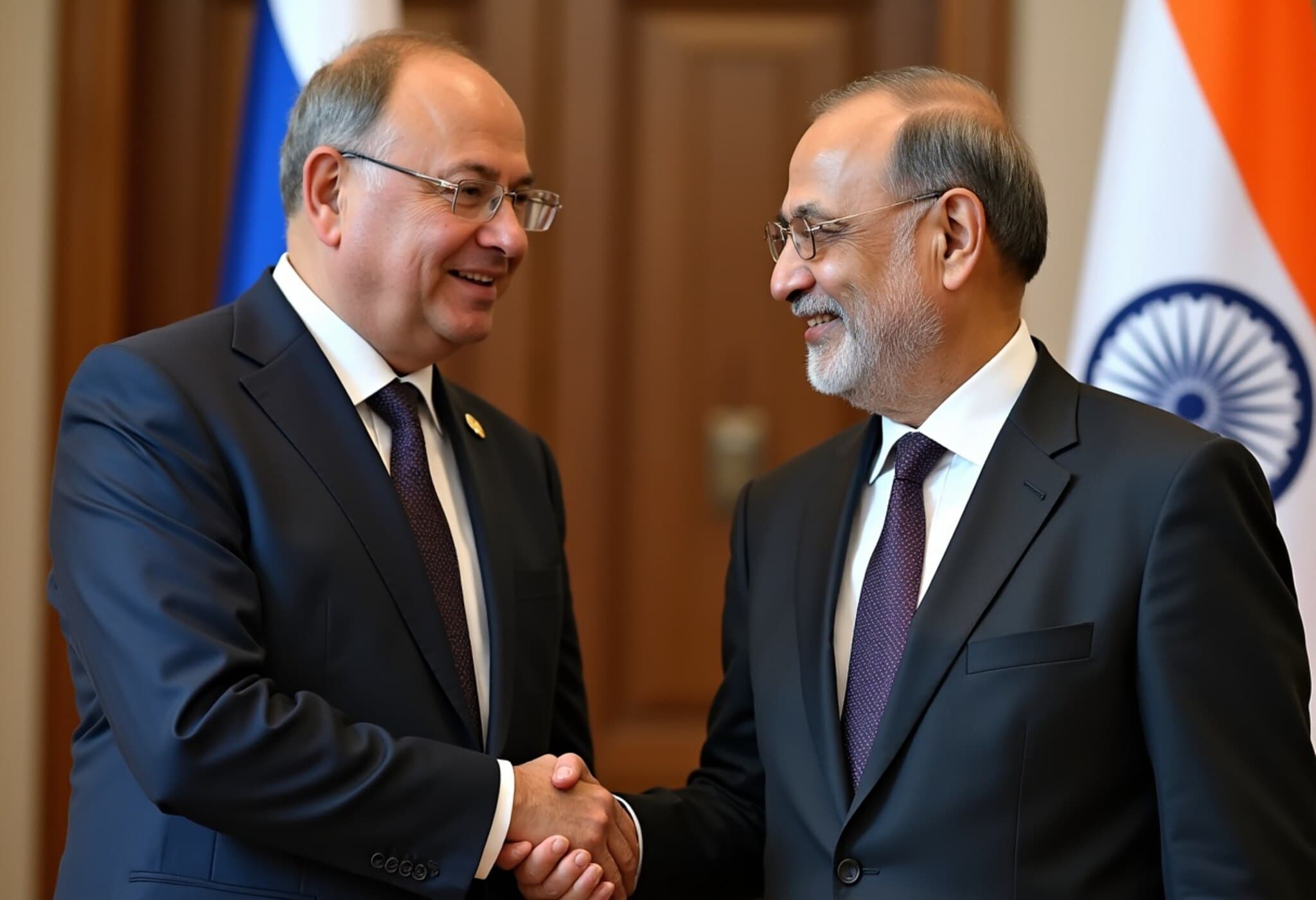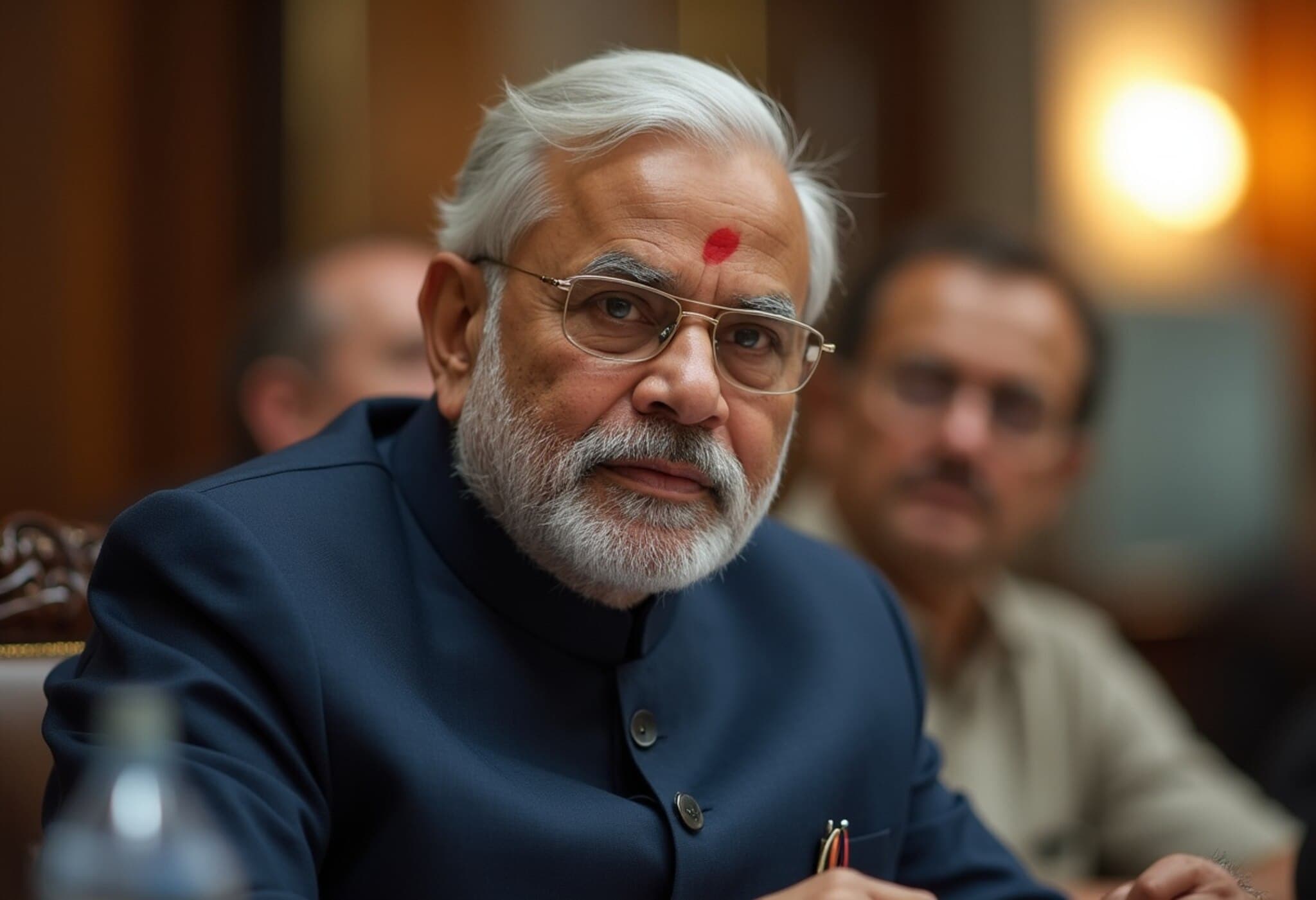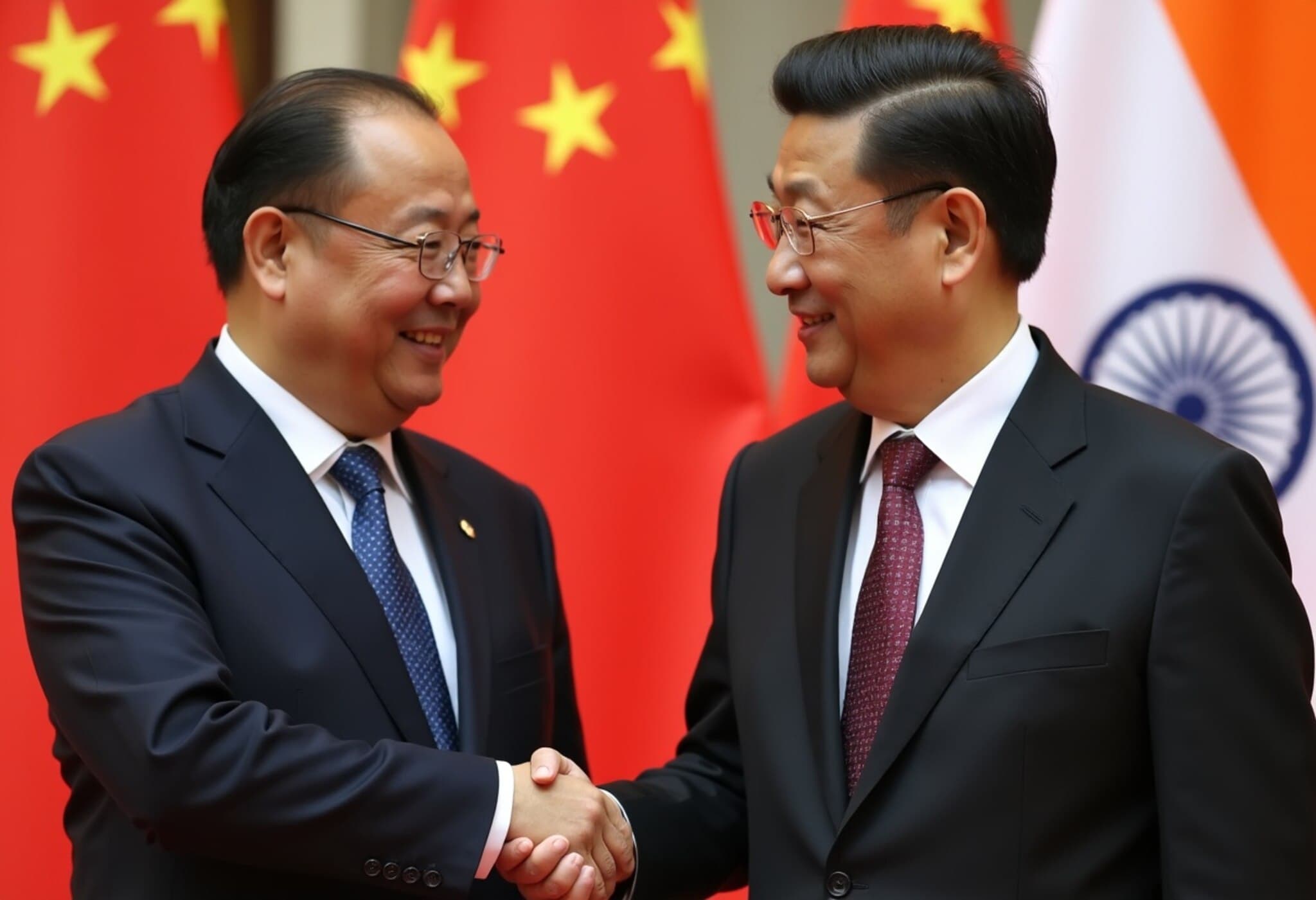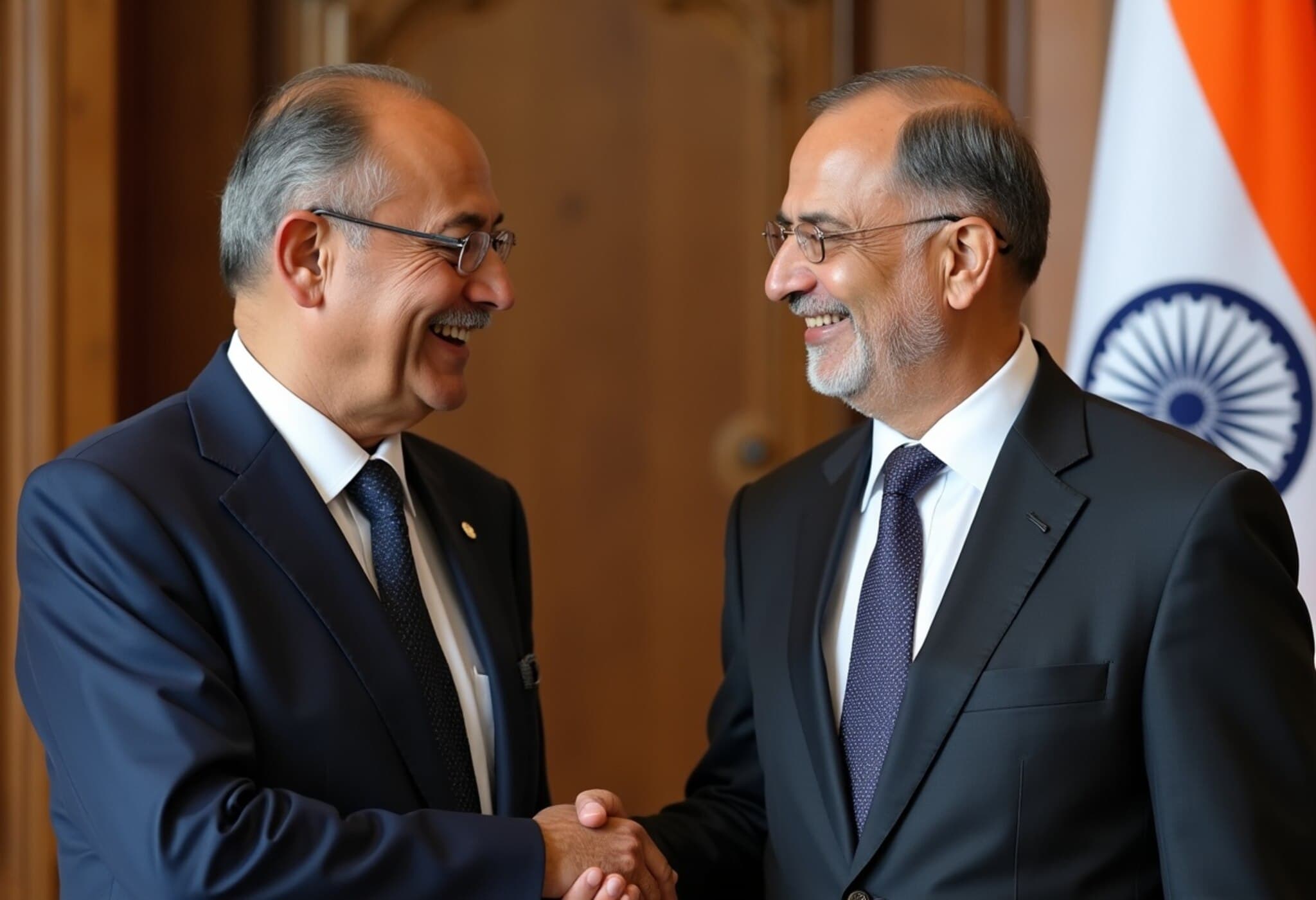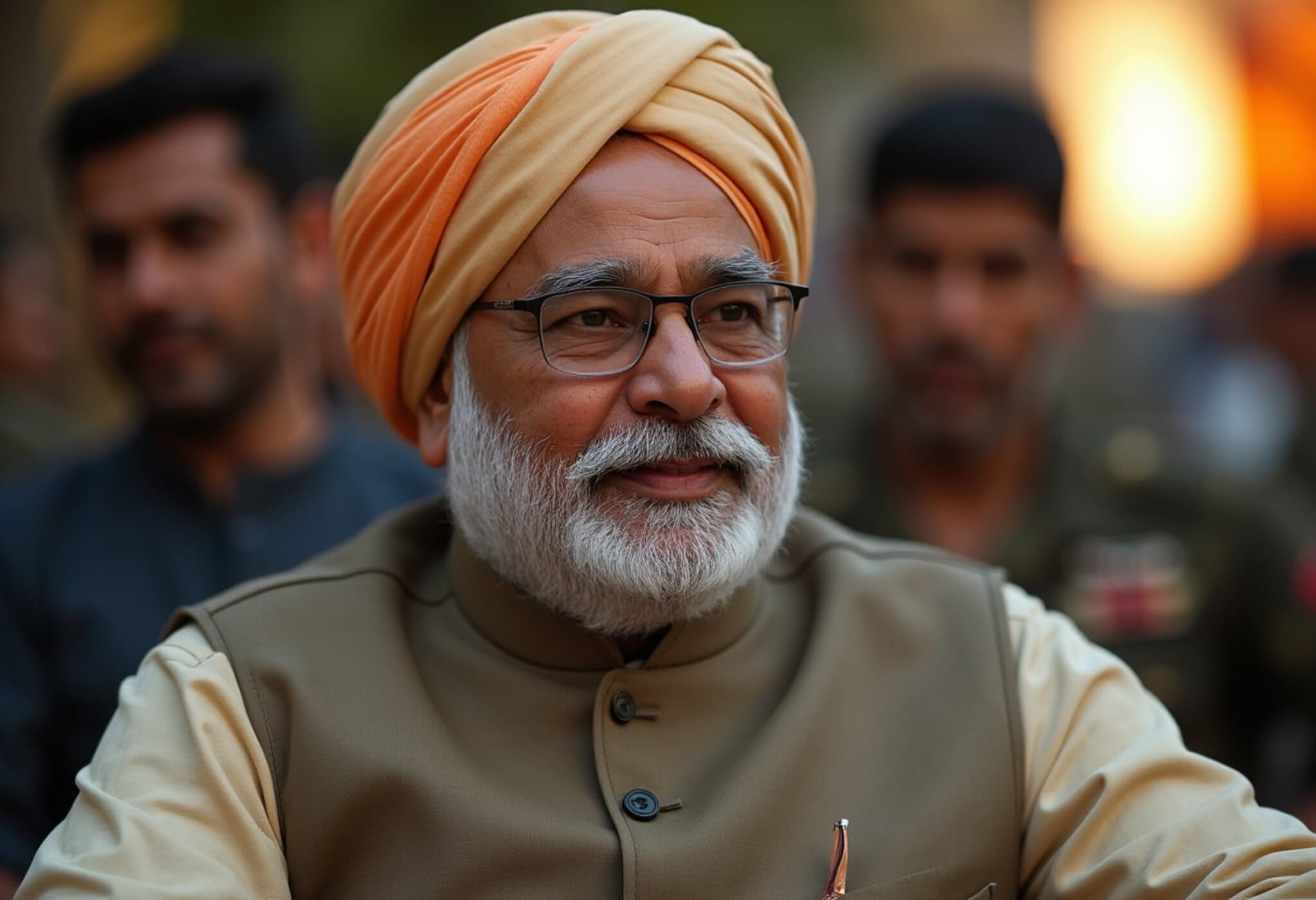India’s External Affairs Minister S Jaishankar Expresses Optimism on Bilateral Ties with Singapore
During his pivotal three-day diplomatic visit spanning Singapore and China, India’s External Affairs Minister S Jaishankar underscored the steadily advancing relationship between India and Singapore. On Sunday, he met Singapore’s Deputy Prime Minister Gan Kim Yong and emphasized the positive momentum in multiple bilateral initiatives that exemplify the deepening partnership between the two nations.
Strengthening the India-Singapore Strategic Partnership
In a candid social media update, Jaishankar shared that it was “good to catch up” with Gan Kim Yong and expressed satisfaction with the progress made in collaborative projects. This dialogue comes as the two countries gear up for the third India-Singapore Ministerial Roundtable (ISMR), an event that facilitates high-level bilateral cooperation on economic, technological, and geopolitical fronts.
The ISMR, inaugurated in New Delhi in 2022, has become a cornerstone in cementing a robust India-Singapore relationship and reflecting shared visions amid a dynamically changing Indo-Pacific landscape. The last meeting, hosted in Singapore in August 2024, bolstered momentum for these talks, and the upcoming round is poised to accelerate joint ventures.
Engagements With Singaporean Counterparts Reinforce Act East Policy
Earlier in the day, Minister Jaishankar held discussions with Singapore’s Foreign Minister Vivian Balakrishnan. He reaffirmed that Singapore remains “at the heart of our Act East Policy,” highlighting Singapore’s strategic significance as a gateway to Southeast Asia’s vast economic opportunities.
Balakrishnan echoed this sentiment, posting on social media that “as the world inexorably transitions into multipolarity, India will play an increasingly important role as one of these major poles of opportunity.” His remarks hint at a shared understanding of India’s ascending global influence amid shifting geopolitical tides.
Focus on Investment and Economic Collaboration
Further widening the scope of his visit, Jaishankar met Teo Chee Hean, chairman-designate of Temasek Holdings, one of Asia’s largest sovereign wealth funds. Their discussions centered on identifying and enhancing investment avenues in India, signaling Singapore’s growing confidence in India’s economic landscape.
Transitioning to Engagements in China Amid Evolving Regional Dynamics
Following his engagements in Singapore, Jaishankar is scheduled to fly to Tianjin, China, to participate in the Shanghai Cooperation Organisation (SCO) conclave. This visit marks his first to China since tensions escalated after the 2020 border standoff along the Line of Actual Control (LAC) in eastern Ladakh.
The visit carries symbolic weight, given the fractious backdrop of India-China relations in recent years. It presents an opportunity for dialogue within the framework of the SCO, a regional organization that focuses on security cooperation, economic integration, and strategic partnerships among Eurasian nations.
Contextual Insight: Navigating a Multipolar World
This diplomatic stretch highlights how India is strategically balancing its partnerships in Asia amid a world increasingly defined by multipolarity. Singapore’s role as a vibrant economic hub and gateway reinforces India’s Act East policy ambitions, while continued engagement with China through multilateral forums like the SCO reflects Delhi’s pragmatic approach to regional diplomacy.
Experts suggest that such tripartite diplomacy not only strengthens India's economic and geopolitical relevance but also opens nuanced channels for addressing long-standing bilateral issues. The meetings in Singapore and China, therefore, could serve as crucial platforms to align shared interests and manage regional stability.
Editor's Note
India’s diplomatic overtures during this visit underscore its nuanced strategy in Asia-Pacific affairs—deepening ties with trusted partners like Singapore while cautiously re-engaging China at a multilateral level. As India positions itself amid emerging global power configurations, the outcomes of these discussions could shape not only bilateral relations but also signal India’s role in steering regional security and economic cooperation.
Readers should watch for how the upcoming India-Singapore Ministerial Roundtable influences trade, technology partnerships, and geopolitical stances, as well as the tone and results of Jaishankar’s engagements at the SCO. These developments offer a window into the evolving architecture of Asia’s future.

